In the heart of North Africa, a creative collaboration is forging connections between diverse musical traditions. ConverSons, a partnership between l’Association Marocaine de Musique Electronique (AMME), Nuits Métis (France), and Assalamalekoum Cultures from Mauritania, has set its sights on democratising electronic music in Morocco while elevating Amazigh musical heritage.
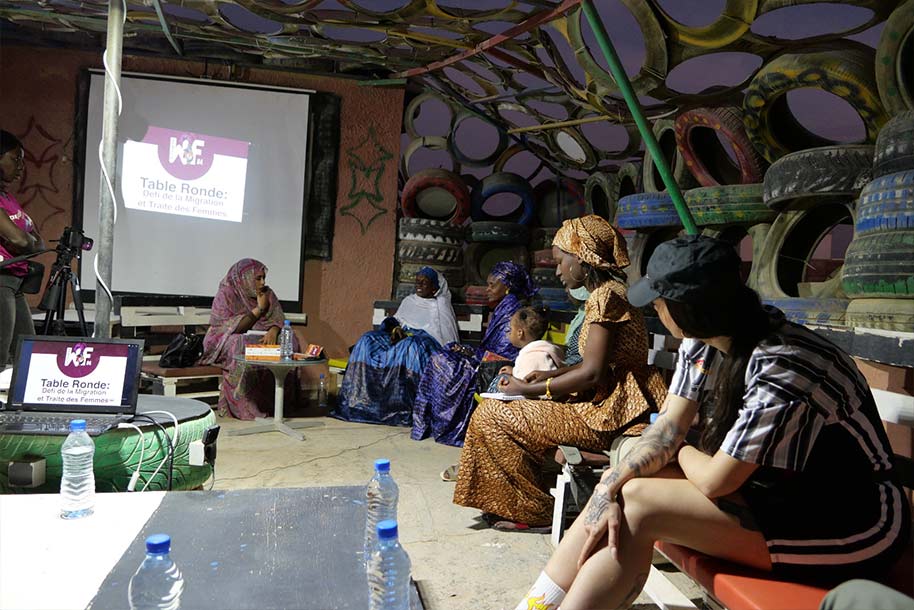
“We wanted to create meeting points between the Amazigh music world and electronic music for two specific purposes: to promote electro music with a Moroccan touch and to provide a new platform for Amazigh and Moroccan music beyond the traditional folkloric scene”, explains Mohamed Biyjeddiguene, co-founder of AMME with Dounia Benslimane.
Through the Cross-Border Collaboration project of the EU-funded All-Around Culture programme, the trio launched Tekchbila, a music residency project composed of several activities spanning from capacity building workshops, podcasts production, sound sampling, and a short making-of film.
The group already organised three trips in Tafraout, a picturesque village in the southern eastern region of Morocco, Miramas in southern France and Nouakchott, Mauritania.
There, they attended the Women’s Independence Festival organised by their Mauritanian partner, Assalamalekoum Culture. “This exposed us to the incredibly rich musical tapestry of the region,” remembers Mohamed, who recognises that it is not always easy to reconcile different generations around one new blended genre.
“Electro music suffers from a lot of stereotypes so cultural mediation is essential,” he reflects. Despite the challenges of merging niche music genres, ConverSons remains dedicated to cultural outreach. “Before each concert, we engage with the audience, speak about what they are going to hear. We really try to explain that ancestral music is also something that evolves with time.”
With Tekchbila, they aim to “upcycle traditional musical heritage” and make it more appealing to the younger generations. “We are really looking forward to our final residency which will spotlight ancestral heritage through traditional instruments like Ardîn, Ribab and Tallunt, combined with contemporary electronic music styles.”
Gallery
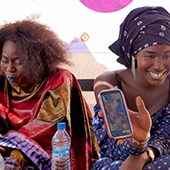
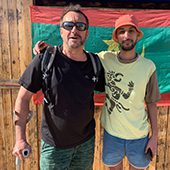
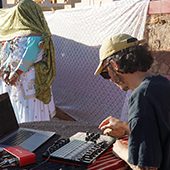
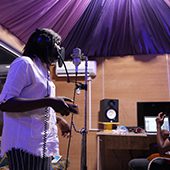
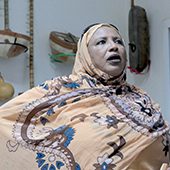
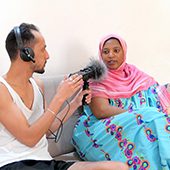
Through mentoring and peer support, the project seeks to facilitate partnerships and knowledge exchange, increase competencies in knowledge transfer and intercultural dialogue, and support the mobility of cultural managers and programmers within the Arab region and globally.
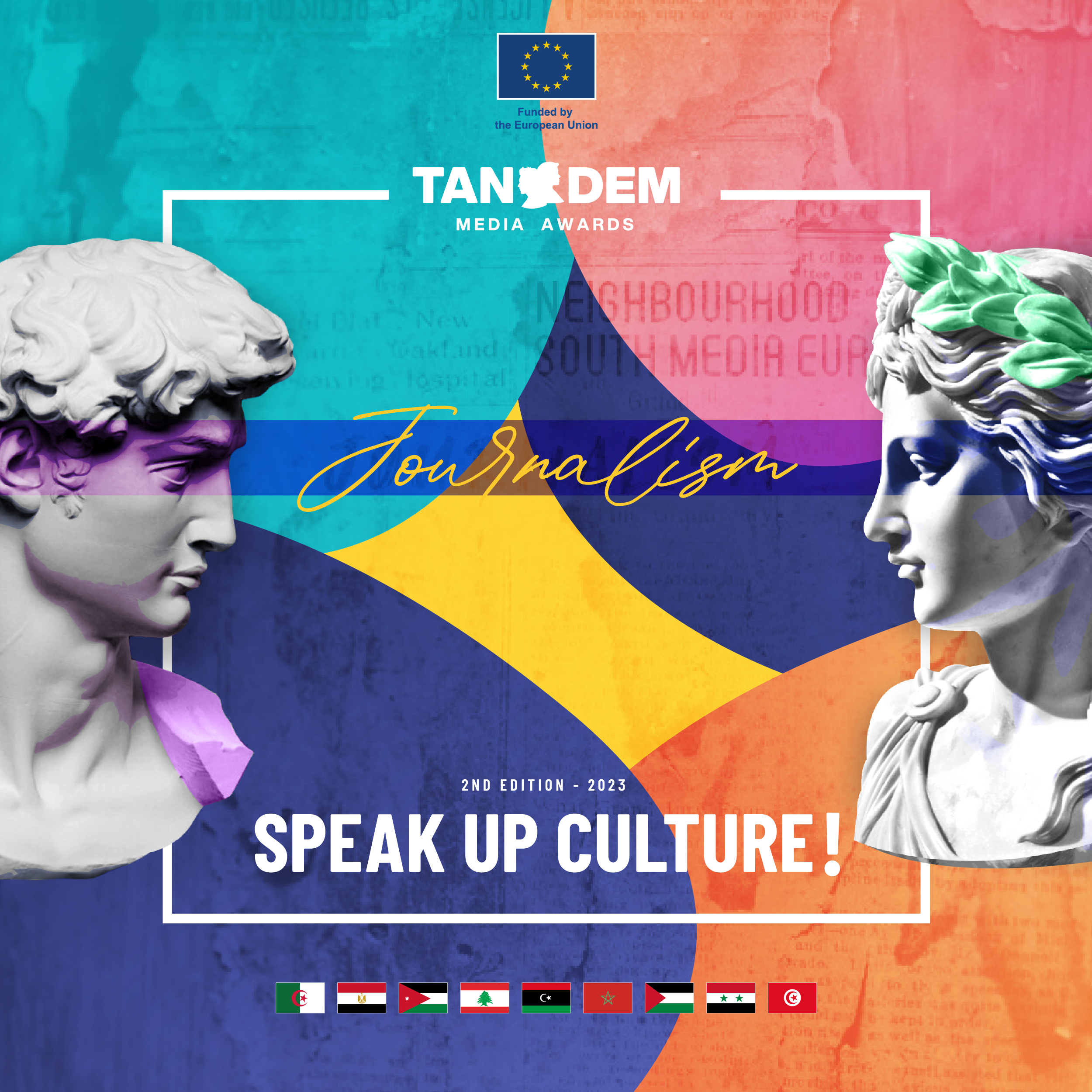




























 Syria
Syria 